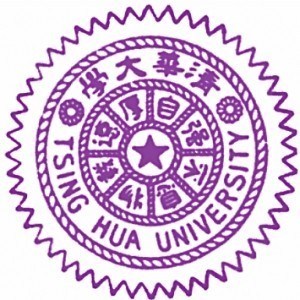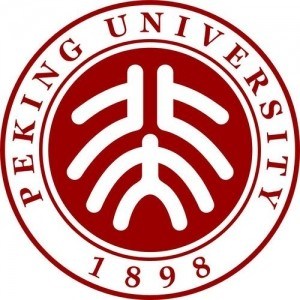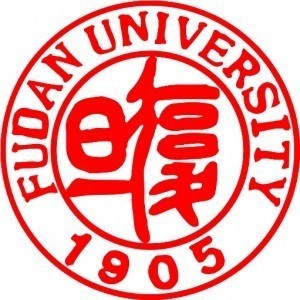Photos of university
The undergraduate program in Chinese Law at Tsinghua University offers students a comprehensive and rigorous education in the foundational and advanced principles of Chinese legal systems, laws, and regulations. Designed to cultivate high-caliber legal professionals and scholars, this program combines theoretical coursework with practical training to ensure students gain a deep understanding of China's legal history, legislative processes, judicial practices, and contemporary legal challenges. Throughout the program, students will explore key areas such as constitutional law, civil and commercial law, criminal law, administrative law, environmental law, intellectual property rights, and international law as it pertains to China. The curriculum is structured to foster critical thinking, analytical skills, and ethical considerations necessary for effective legal practice and policymaking in China. Emphasis is placed on understanding the unique characteristics and development trajectories of Chinese law within its socio-economic and political context. The program also encourages English-language studies and exchanges with international universities, preparing students for careers in global legal environments, diplomacy, or academia. Tsinghua’s state-of-the-art facilities, distinguished faculty members, and strong connections with government agencies and the legal industry provide students with ample opportunities for internships, research projects, and conferences. Graduates of this program will be equipped to contribute to China's legal development, serve as legal advisors, judiciary members, or researchers, and participate actively in building a rule of law society. The program aims to develop well-rounded graduates with a solid grounding in both Chinese law and international legal norms. It fosters an environment of academic excellence, innovation, and social responsibility, ensuring that students are prepared to meet the complex legal needs of modern China and the global community.
- Basic concepts of international arbitration
- UNCITRAL Model Law and Arbitration Rules
- Chinese Arbitration System and Chinese International Arbitration
- Investment arbitrations
- International arbitration in Asia
- Enforcement of arbitral awards
- Preparation and Presentation of case in international arbitration II
- WTO Dispute Resolution
Requirements
- Applicants should have a Bachelor’s degree.
- The completed Foreigner's Application Form for Admission to Graduate Programs of Tsinghua University, signed by the applicant with recent 2-inch photo.
- Statement of Purpose and resume.
- The original or the notarial degree certificate or proof of education in academic institution (need to submit original or notarial degree certificate after being awarded) and academic transcript. The degree certificate and academic transcript must be officially sealed.
- Two academic recommendation letters from scholars of associate professorship or higher. Must show reference’s phone number and email address on the letter.
- Two copies of applicant's recent photo (cap-free, 2 inches, stick on the application form)
- For non-native English speakers, please provide English level certificates (TOEFL 85 or IELTS 6.5).
- Copy of the page with personal information in the passport (personal and ordinary passport).
- Non-refundable application fee: RMB600.
- Completed Foreigner’s Application Form for Beijing Government Scholarship (if applicable)
Scholarships
- Mingli Scholarship
- Beijing Government Scholarship
The Bachelor of Laws (LL.B.) program at Tsinghua University is a comprehensive undergraduate curriculum designed to equip students with a solid foundation in Chinese law as well as an understanding of international legal systems. The program aims to cultivate legal professionals who possess not only in-depth legal knowledge but also critical thinking, analytical skills, and a global perspective. It offers rigorous coursework in constitutional law, criminal law, civil law, administrative law, economic law, environmental law, and other core areas of the legal system. Students are encouraged to participate in practical training, including internships, moot courts, and legal clinics, to develop their practical legal skills and enhance their understanding of real-world applications.
The program emphasizes interdisciplinary learning, integrating courses in political science, economics, and ethics to provide a broad understanding of the societal context in which law operates. Language instruction includes legal Chinese and English, preparing students for careers in domestic and international legal practice. Tsinghua University also facilitates exchange programs and partnerships with renowned law schools worldwide, allowing students to participate in international study opportunities, thus broadening their legal horizon and cultural awareness.
Graduates of the program are well-prepared to pursue careers in various sectors such as law firms, government agencies, international organizations, academia, and corporate legal departments. Many program alumni go on to advanced legal studies or enter competitive graduate programs both within China and internationally. The program is committed to fostering responsible, innovative, and ethically conscious legal practitioners who can contribute to the development of China’s legal system and participate actively in global legal exchanges. Through its combination of rigorous coursework, practical training, and international exposure, the Tsinghua LL.B. program strives to produce graduates capable of addressing complex legal challenges in a rapidly changing world.


